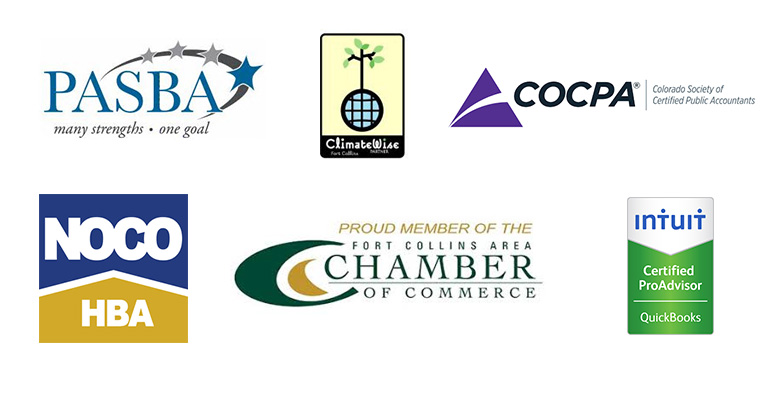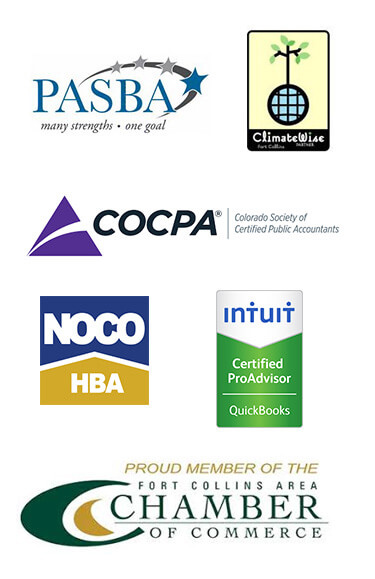If your small business has had a successful year, you may be feeling generous as the tax year comes to an end. There are several benefits to providing employee bonuses, volunteer labor, and charitable donations, and some of them extend to your tax obligation. However, there are several simple rules that you will need to be aware of. There are many ways to find business tax relief or save money on your individual return, but professional CPA tax preparation may be the best way to maximize your savings.
Many individuals and business owners want to take advantage of the tax benefits afforded through philanthropic activity, but many individuals and organizations are also ready to unlawfully take advantage of your generosity. Since your heart is in the right place, you want to be sure that your act of charity is reflected in your year-end tax return. Here are a few things you will want to consider if you want to maximize your tax deductions.
What is Deductible?
Generally, cash or property donations to a qualified charity are tax deductible for the calendar year in which they were incurred. Like other deductible expenses, documentation is required for charitable donations that include receipts from approved tax-exempt entities. The IRS meticulously designates 501(C) (3) tax-exempt status to non-profit institutions that serve the public good, but not all donations to tax-exempt entities will be tax deductible.
There are three basic classifications for charitable organizations. A public charity is largely supported by public donations, a private foundation may be supported by investments to issue awards and grants to individuals or other charities, and a private operating foundation uses its funds to directly support a specific charitable cause. When you donate cash or property, this amount can be added to your itemized deductions for up to $500 on IRS form 1040. Although no specific value is deemed deductible from volunteer work, costs incurred from fundraising events are considered deductible expenses.
Limitations and Regulations
All donations must be recorded with receipts verifying the tax-exempt status of the charitable organization. Certain donations, such as political contributions, professional organization, labor unions, or individuals, are not eligible for deduction, but donations to approved religious charities are often tax deductible. Non-cash donations of property, such as a vehicle, equipment, or real property, can be deducted for substantiated fair market value. A written appraisal is required for non-cash donations valuing above $5,000. Many charitable organizations offer verification of donation value for certain items.
The IRS limits charitable deductions based on its portion of your gross income. For cash donations, up to 50% of your gross income can be claimed. For donations of property, up to 30% may be deductible. Your charitable contributions from capital gains assets can also be deducted up to 20% of your gross income. Promises or pledges to donate do not constitute a deductible donation. Property must be exchanged and cash must actually be donated for you to claim deductions. Donations under $500 can be included on the itemized section of form 1040, while all donations in excess of $500 must be included on an attached form 8283.
Other Deductions and Things to Watch Out For
Your charity that extends to other organizations, such as employee benefits and bonuses, or gifts to certain non-profit institutions, including some hospitals and credit unions, cannot be deducted as charity, but may qualify for a business expense deduction. Your contribution to employee retirement plans or health benefits can also deducted as a business expense. Your accountant can help you determine which expenses are deductible and how to maintain accurate records of all deductible expenses to maximize your tax savings.
Although most of the organizations that solicit donations in person, by phone, or through the mail, are approved 501(c)(3) companies, recent trends in opportunism have seen the proliferation of fraudulent organizations that solicit funds in the wake of a natural disaster. The IRS warns against donating any money or property to an organization that can’t prove its 501 (c)(3) status. Along with the variety of discrepancies and fraudulent reporting tactics that IRS agents are continually on the lookout for, fraudulent charities threaten the financial stability of taxpayers who assume their donation will by deductible.
Making the Most of Your Generosity
Whether you run a business or not, your taxes should reflect your generosity. When you get professional CPA tax preparation from Steven J. Wick and Associates, you can give without worry. With small business solutions that range from capital investment advising to payroll services, and financial statement preparation to business tax relief, your experienced accounting professionals can work for you year-round to provide solutions to your fiscal challenges.
Image courtesy of njaj




